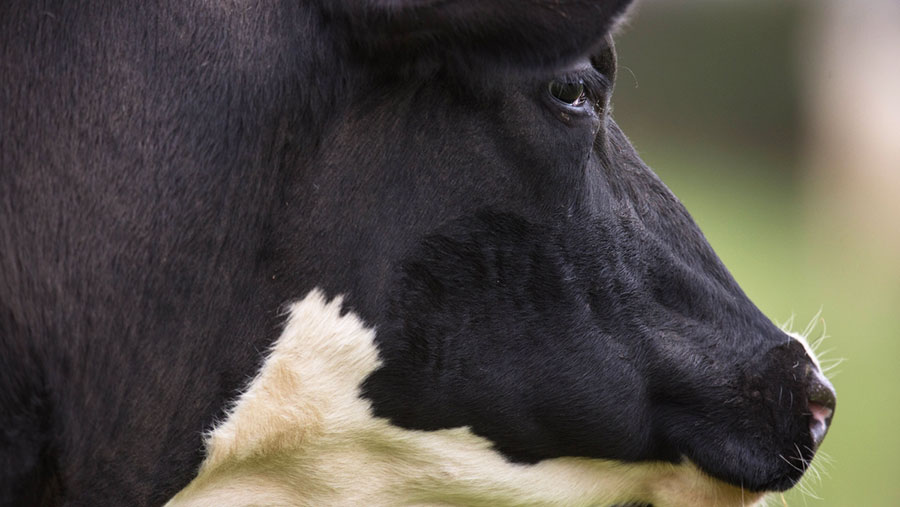Royal Welsh 2016: Dairy producers wanted as milk supply falls
 © Tim Scrivener
© Tim Scrivener Milk processors are actively recruiting new suppliers amid fears of an imminent under-supply problem.
With the latest AHDB Dairy figures showing daily UK milk production down by 4.4% on the three-year average, NFU dairy board chairman Michael Oakes said processors were getting worried.
“We have been in an over-supply situation, but already some of the major processors are going out to recruit suppliers.
“They are getting worried about where they are going to get their milk from,’’ he told dairy farmers attending a Royal Welsh Show seminar on future opportunities for the milk industry.
See also: UK milk production down by 4m litres/day
But Mr Oakes warned farmers to be cautious. “We need to be asking who has treated us fairly during this crisis and who we want to be doing business with.’’
With processors coming in for criticism for failing to share the rewards of the strengthening market by increasing the price farmers are paid for their “B” litres, there was also a call for stronger collaboration.
North Wales dairy farmer and chairman of the NFU Cymru dairy board, Aled Jones, described the past two years as a “horrid, horrid’’ time for the dairy industry, but believed there were important lessons to be learned.
“One good piece of advice I was once given was that you should never waste a crisis,’’ he said.
“We must come out of this far stronger. The problems we have today need new ways of thinking.’’
Historically, farmers have produced milk in the hope that a buyer would collect, process and pay for it, he suggested.
But this needed to change. “If I inseminate a cow today, it is five years before that calf starts making money for me. Dairy farming is a long-term industry; we need far better signs on what is coming back to us on the price.’’
With added value often hailed as a saviour of the dairy industry, farmers were surprised to learn that commodities could be where the biggest future opportunities lie.
“The industry needs to understand how it can be positioned to compete in cheese and other commodity manufacturing,” said AHDB Dairy chairman Gwyn Jones.
Welsh farmers had a competitive advantage because they could produce milk from grass, but he questioned if there was a competitive processing sector to match that benefit.
